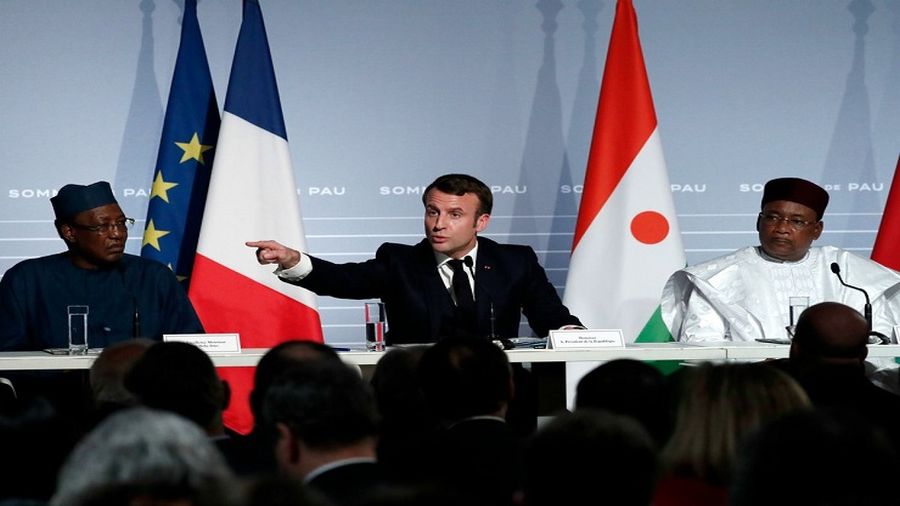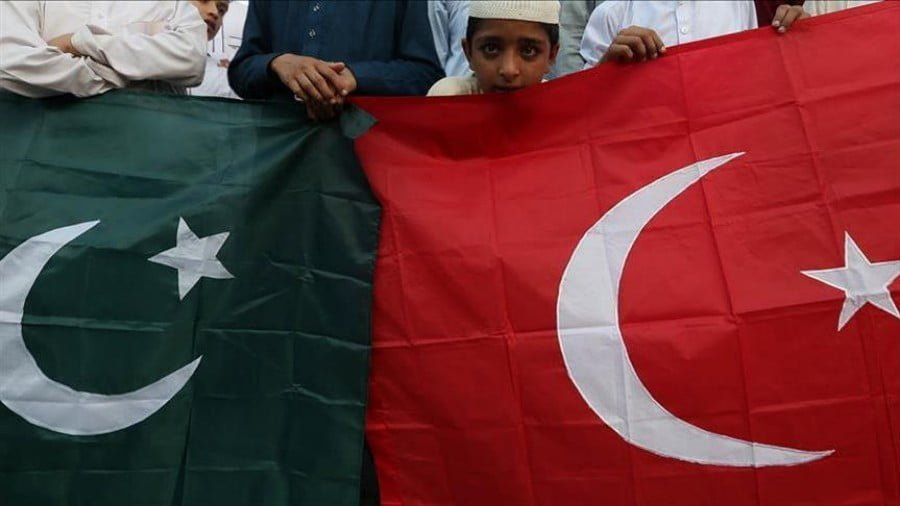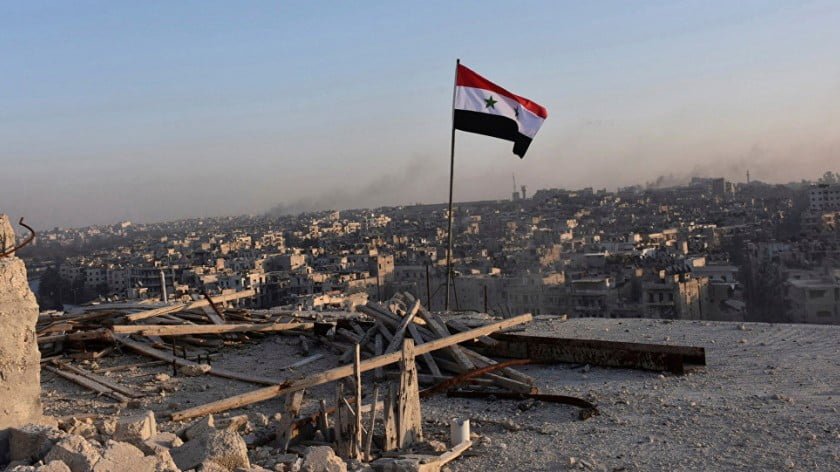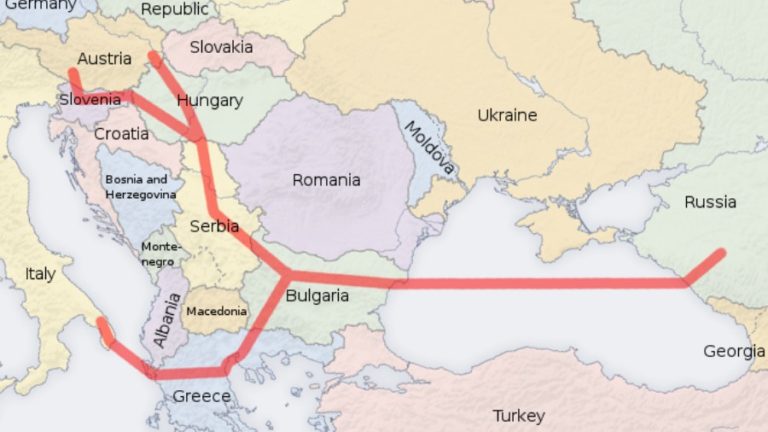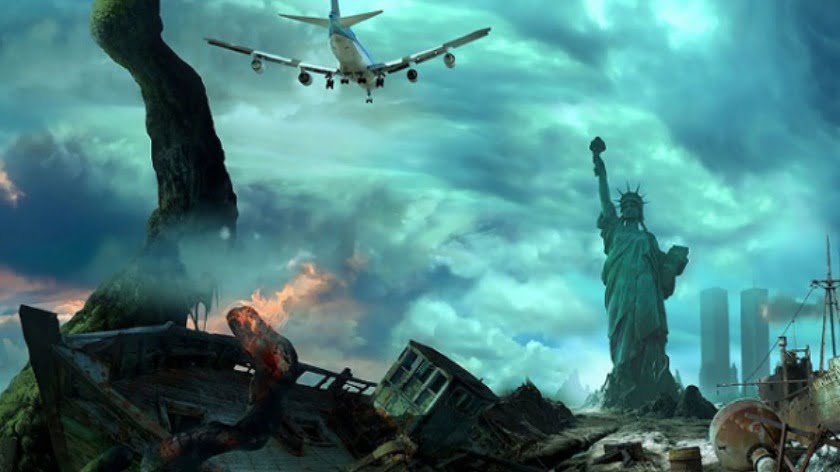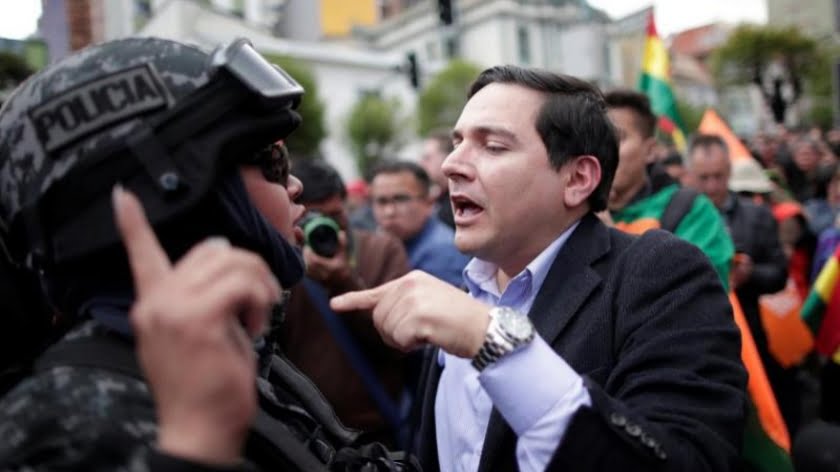The Paris Policy Is Becoming Increasingly Unpopular in Africa
Following Britain’s exit from the European Union, France appeared to have certain opportunities to strengthen its position on the international stage, such as shifting the balance of power in Europe and bolstering Paris’s position in the Franco-German tandem.
First, while Germany remained the EU’s economic leader, the Fifth Republic had more options in the political and military spheres. In fact, it was the French factor that played the most important role in the Brexit negotiations with London. And not just because the chief EU negotiator was Michel Barnier, a prominent Gaullist politician. As you may be aware, French President Charles de Gaulle vetoed Britain’s admission to the European Economic Community in 1963 and 1967 because he saw it as a United States’s Trojan horse and a country that was fundamentally different from continental Europe in economic, legal, and cultural terms. As chief negotiator, Michel Barnier therefore sought to defend not only the interests of the EU, but above all those of France itself.
Second, the Brexit directly impacted France’s political and military position, as London, which has a privileged relationship with Washington, particularly in defense and intelligence, has traditionally been concerned that EU defense policy not conflict with NATO and that Britain remain the bridge between the EU and the US. And with an unmistakable preference in the UK’s relationship for the US and NATO over the EU. And this is reinforced by the events of 2003, when the United States and the United Kingdom invaded Iraq and France and Germany opposed this armed aggression.
After World War II, France had an advantage in Europe over Germany because Germany was the defeated side and France was in the victors’ camp thanks to the USSR, which objectively assessed France’s contribution to the victory over fascism. Furthermore, it should not be forgotten that Washington’s support for European integration was aimed, among other things, at containing German revanchism through economic means. As, by the way, is the case with NATO, which was also established to prevent Germany from regaining its independence and emerging as a potential future hegemon in Europe.
However, the current French political elite, now in power in the Fifth Republic, has failed to strengthen the country’s position and international standing in recent years. This is primarily due to the apparent lack of intellectual and strong-willed qualities among recent French politicians, as well as their lack of independence in defending France’s national interests. Instead of demonstrating their independence, de Gaulle-style, French politicians in recent years have preferred to demonstrate their obedience to Washington and to receive instructions from the White House every time French policy is implemented. As a result, the Gallic rooster, the symbol of France in memory of the ancient freedom-loving Celtic population, the Gauls (Gall, or Gallus, in Latin means “rooster”), may now be found only among French sports fans.
The current French government’s policies are failing on many fronts, as evidenced by the recently published results of a poll in which the French were asked whether they approve of the country’s current leader’s policies. Unfortunately, it was only 27%, indicating that Macron has lost more than half of his voters and former supporters in just over six months since the second round of elections and the extension of his mandate for another five years (it was previously just over 58%). However, according to the law of conservation of energy, if something decreases somewhere, it implies that something increases somewhere else. Yet it is definitely not the support for Macron’s policies, already called “Macronism,” that has increased.
Because of the Elysée Palace’s current allegiance to the US, the growing criticism of Washington’s aggressive policies has objectively begun to extend to the perception of Paris’ foreign policy actions. This has been particularly evident recently in France’s relations with the countries of the African continent, where 2022 has become a symbol of a general “de-Westernization.” Particularly in light of recent events in Mali and the Central African Republic, where Paris’ policy has completely compromised itself and begun to diverge from former ties with the former metropolis.
This process has recently accelerated in another Francophone African country, Burkina Faso, where the government has denunciated the agreement on the presence of the French Armed Forces, which regulated their presence since 2018, ordering the French military to leave the country within a month.
Anti-French demonstrations increased in other Black Continent countries. Thus, residents of the Central African Republic’s capital recently attended a mass rally against the presence of the French company CASTEL in the country, which activists accused of financing militants and supporting radical gangs in order to disrupt the state’s harmonious development. Last summer, the non-governmental organization The Sentry accused a subsidiary of the French alcohol magnate, Castel Sucrerie Centrafricaine (SUCAF), of collaborating with militants from the radical Union for Peace in the Central African Republic (UPC) and aiding terrorists.
Algeria demands an apology from France for its colonial past. However, according to Egyptian experts, French President Macron’s recent statement in an interview with the newspaper Le Point that he will not apologize to Algeria threatens Paris’s relations with the Arabs.
According to the British newspaper The Telegraph, France has stopped thinking and existing under Macron, and is now stuck in a spiral of chaos and decay.
Is Macron solely to blame for this? Is Lebanon’s al-Binaa correct in attributing the French president’s destructive policies to mental health issues? — Or could it be a case of the current French political elite’s “consciousness obscuration”? Who have begun to support Washington’s provocative policy aimed at ousting Russia from the European energy market for purely selfish reasons, for which the French people and the entire EU are now paying with the collapse of the European economy and total impoverishment? And who is to blame for African countries’ accusations that Paris openly supports radical gangs and terrorists? Or that France’s current political establishment has completely forgotten that it fought alongside Russia against fascism in WWII and now defends the neo-fascist regime in Kyiv and joins Washington’s Russophobic campaign in the events in Ukraine?

